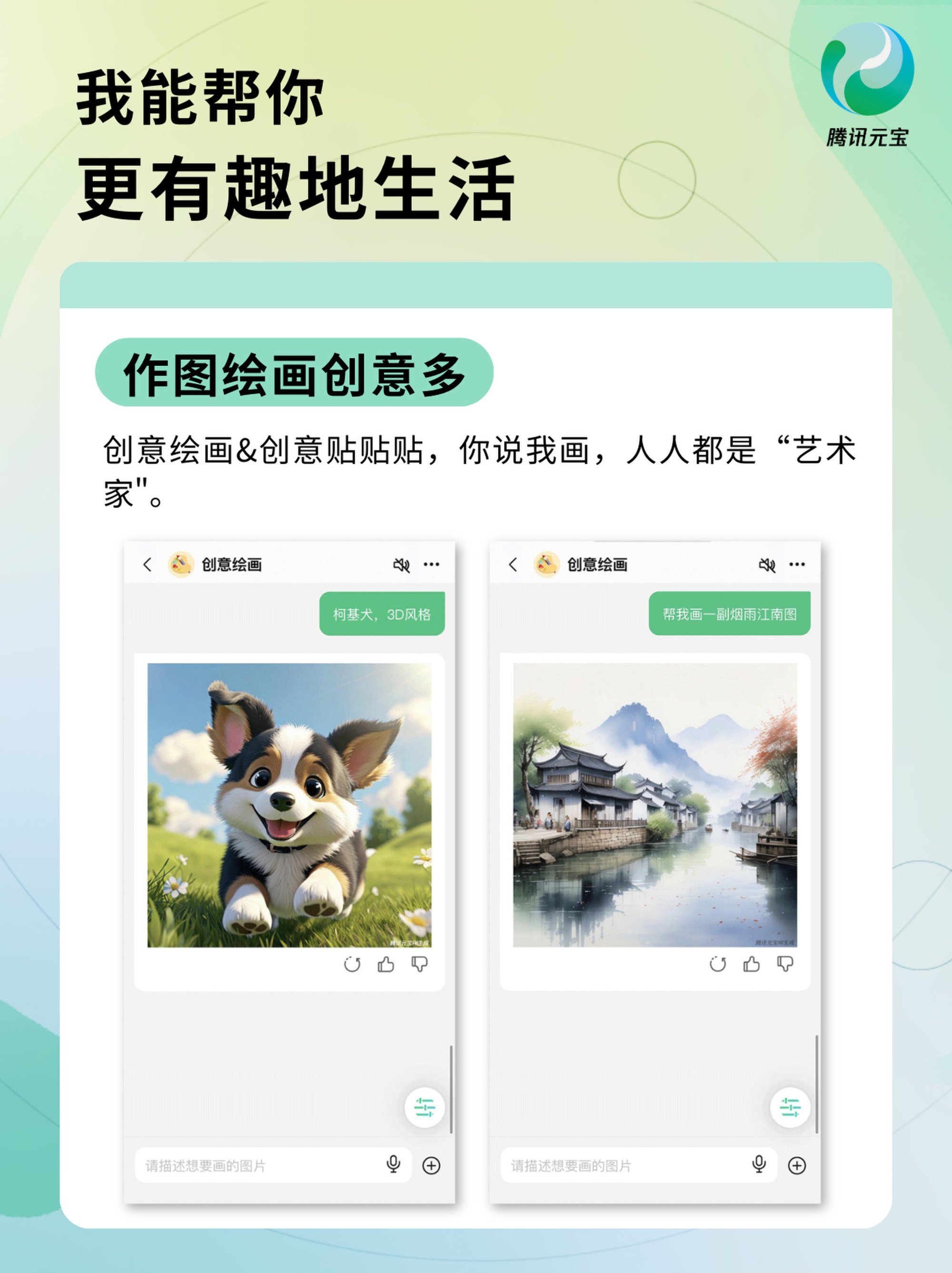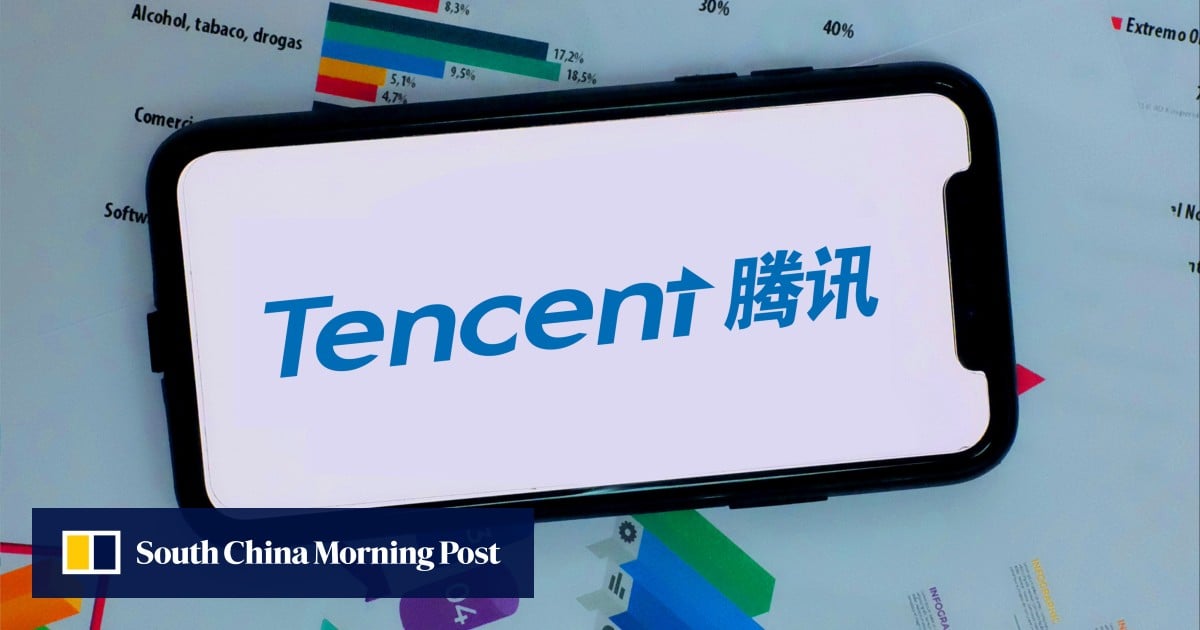Yuanbao can be used to analyse and summarise documents, provide questions and answers, and generate texts and images, similar to the functions of ChatGPT and alternative Chinese AI chatbots.
Tencent’s AI assistant was built on the company’s own large language model (LLM) – the technology behind ChatGPT and other generative AI services – known as Hunyuan.
Hunyuan has been in a continuous process of enhancement over the past year and is now a trillion-parameter model, Tencent said on Thursday. An LLM is a deep-learning algorithm, trained on mountains of raw data from the internet, that can be adapted to accomplish tasks in various AI applications.

The launch of Yuanbao shows Tencent’s confidence to somehow close the gap with Chinese tech firms’ that have had a head start in building ChatGPT-like services, including Baidu, ByteDance and Moonshot AI.
Yuanbao’s search results, for example, are accessible to the vast content ecosystem of Tencent’s WeChat. The multipurpose super app has a publishing platform called Official Accounts where creators can post articles and information, but this content is not accessible to search engines like Baidu or Google.
Although the Yuanbao app’s release comes several months behind its peers, it follows Tencent’s strategy. Company founder, chairman and chief executive Pony Ma Huateng previously said the firm would adopt a more measured pace in developing generative AI products.

Subject to strict censorship rules, Chinese AI chatbots tend to avoid or stick to official lines in response to sensitive political questions. Yuanbao, for example, processed and responded to questions regarding democracy on the mainland and Taiwan with textbook answers, similar to results from Baidu’s Ernie Bot and Moonshot AI’s Kimi, according to tests conducted by the South China Morning Post on Thursday.
When asked to provide a summary of Chinese President Xi Jinping’s book The Governance of China, Yuanbao was able to provide a 1,000-word essay with several key points from the book. The other chatbots seemed more reluctant to respond to questions that mention the names of the country’s political leaders.
Kimi started processing related articles for a few seconds and then suggested to “change another topic and chat more”. Ernie Bot, meanwhile, gave a brief introduction of the book and then closed the input box, so the user can start a new conversation.
In other tests, Yuanbao managed to identify some trick questions containing non-existing events or misleading information, and provide real-time updates on various events. One of the factual errors Yuanbao generated was about the Netflix series 3 Body Problem, which the chatbot described as being nominated for awards in China’s Shanghai International Television Festival. Those nominations, however, were actually for Tencent’s own adaptation of the three-part science-fiction novel.

